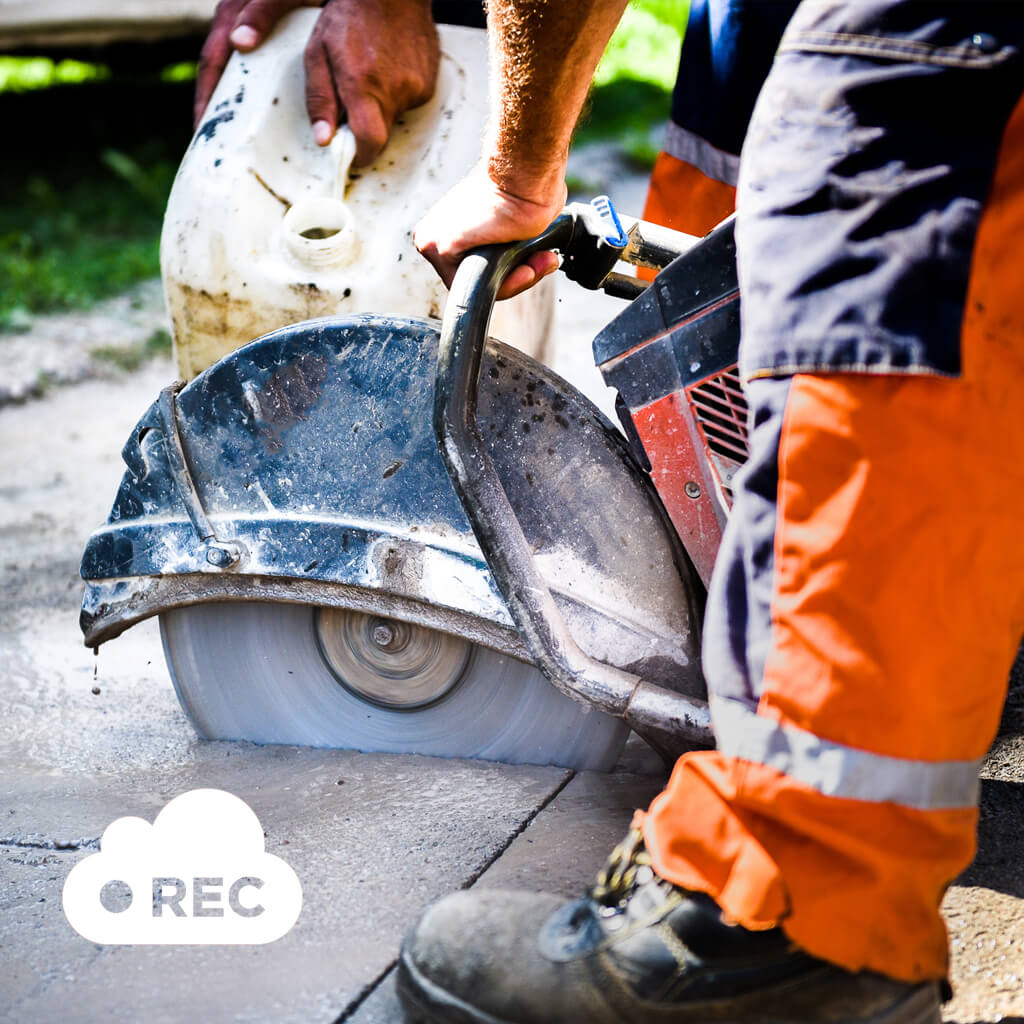Local SEO
Local SEO is the implementation of on and off-site tasks to help generate more visibility and sales within a local business area.

Keyword Research
This analysis is undertaken to find out what customers are searching for. It is important to identify words and phrases with enough monthly search traffic in your city or state that are not TOO competitive or TOO general (you won’t outrank Wikipedia).
The ideal outcome:

Google My Business
Correctly setting up a Google My Business (GMB) account is essential for any SEO and Internet Marketing initiatives.
GMB is the most important digital asset – it will generate the majority of phone calls and walk-in customers for hyper-local and state-based organisations. New features are added regularly, so keeping this account up to date is paramount.

Key Digital Assets
Google may be king, but these digital assets should also be claimed and set up too.
Bing Places for Business
Microsoft Bing is the default search engine on all new PCs.
Apple Maps
Approx. 35% of Australians use iPhones with Apple Maps & Siri.
Yelp
Yelp supplies business information and reviews to Google, Microsoft & Apple.

Social Media
Even if you’re not that active on social media networks, it is still worth creating accounts.
Facebook, Linked In, & YouTube are all sites with high domain authority. It’s beneficial for SEO to have business name, address and phone number (NAP) visible.
These can also be connected to your website via schema and structured data.

Citations & Backlinks
Structured citations are a foundation element of SEO. Ivolution typically sets up the top 20 sites which includes, Yellow Pages (free listing), White Pages, TrueLocal, WhereIs etc. These help to create a digital footprint with Google and provide backlinks.
High quality backlinks (industry specific, blogs, sponsorships, events etc) are still important for a website to rank well.

Website Optimisation
Many aspects of a website’s development contribute to effective search engine optimisation (SEO).
- Mobile friendly
- Fast loading
- SSL Certificate installed
- 1900 words per page (optimum)
- Keyword density @ 2.5%
- How images are named
- Internal / external linking
- Search engine snippets

Google Analytics
A Google Analytics account is always created for new websites – without it, there’s little way of knowing how a site is performing.
Google Analytics captures a wealth of helpful data:
- No. of visits / unique visitors
- Mobile / desktop visitors
- Events (phone calls etc)
- Page views / most popular pages

Google Search Console
All websites are connected to Google Search Console and all 4 versions are added; http://, https://, http://www, https://www.
The sitemap(s) get tested and submitted to Google and the website can be submitted to both Google’s desktop and mobile search engines. Microsoft’s Bing search engine has a similar product called Webmaster Tools.

Schema Markup / Structured Data
Today, searchers are interacting with the data about your business – not your website. Less traffic is going to websites, it now remains within the search experience – using the data extracted from your website. You have to talk to the search engines in their language. The language that search engines speak is called ‘Schema Markup’.

Sitemaps
Sitemaps help search engines to index all the pages of a website. A site may have multiple sitemaps for; pages, posts, products and images.
When the sitemaps have been cleansed of any unwanted pages they can be fetched via Google Search Console or Bing Webmaster Tools and submitted for indexing by the respective search engines.

Tracking
Typically, Ivolution Consulting will add tracking scripts to the following elements to record the data in Google Analytics.
- Website phone numbers (click-to-call) with a custom tracking script.
- Contact forms (to track submitted forms).
- UTM Tracking for Google My Business & Bing Places links.

URL Redirection
When a new website is developed it is common for many of the page URLs to change. If the old site URLs are documented BEFORE the new site goes live – the old URLs can be redirected to the equivalent pages of the new site.
If this doesn’t occur, it is very likely that people clicking on search results will get 404 errors saying ‘Page not found’.
